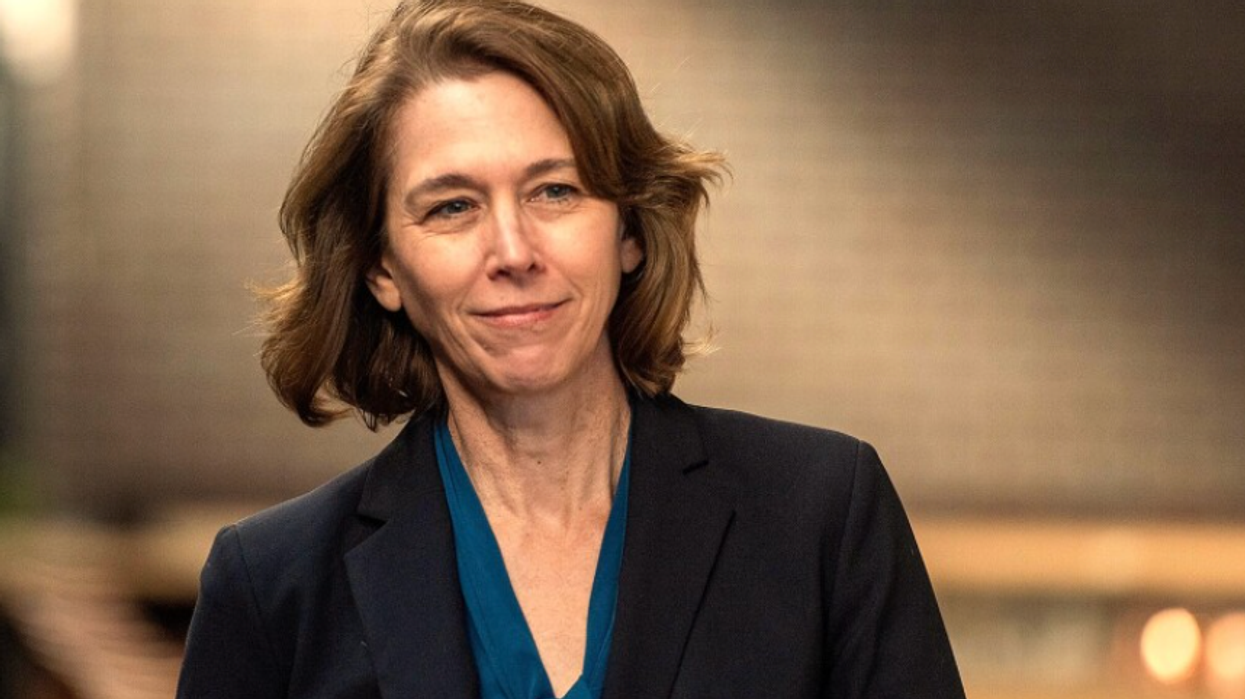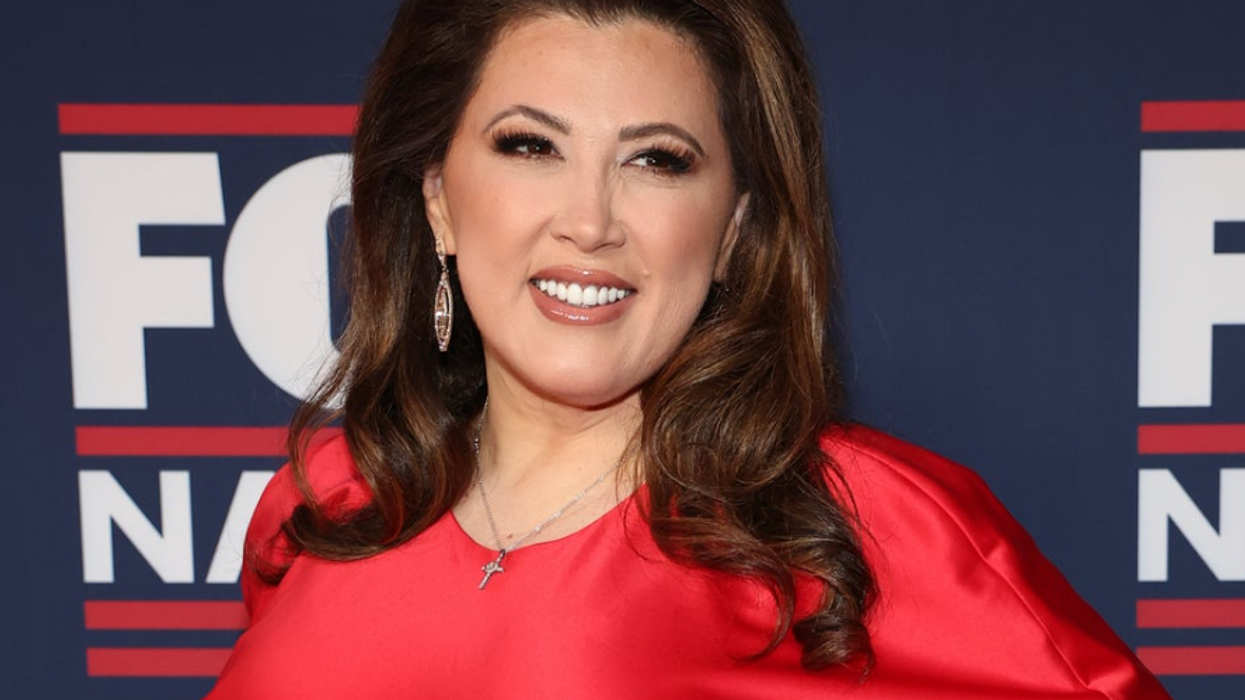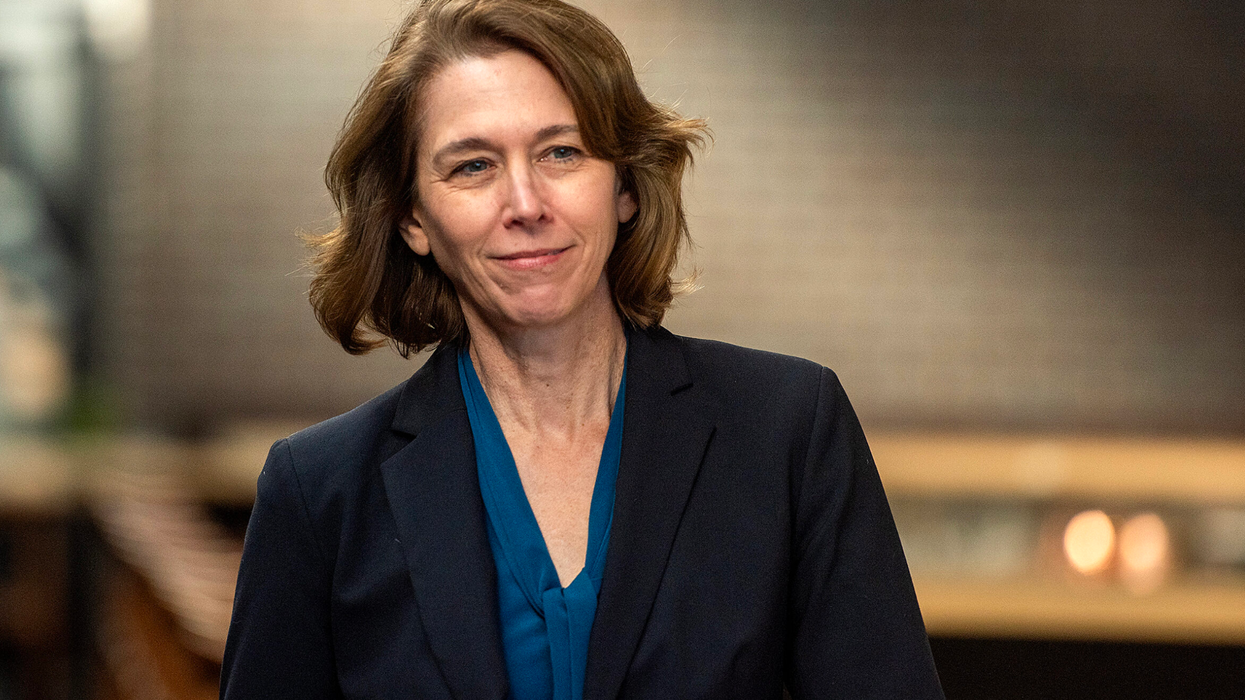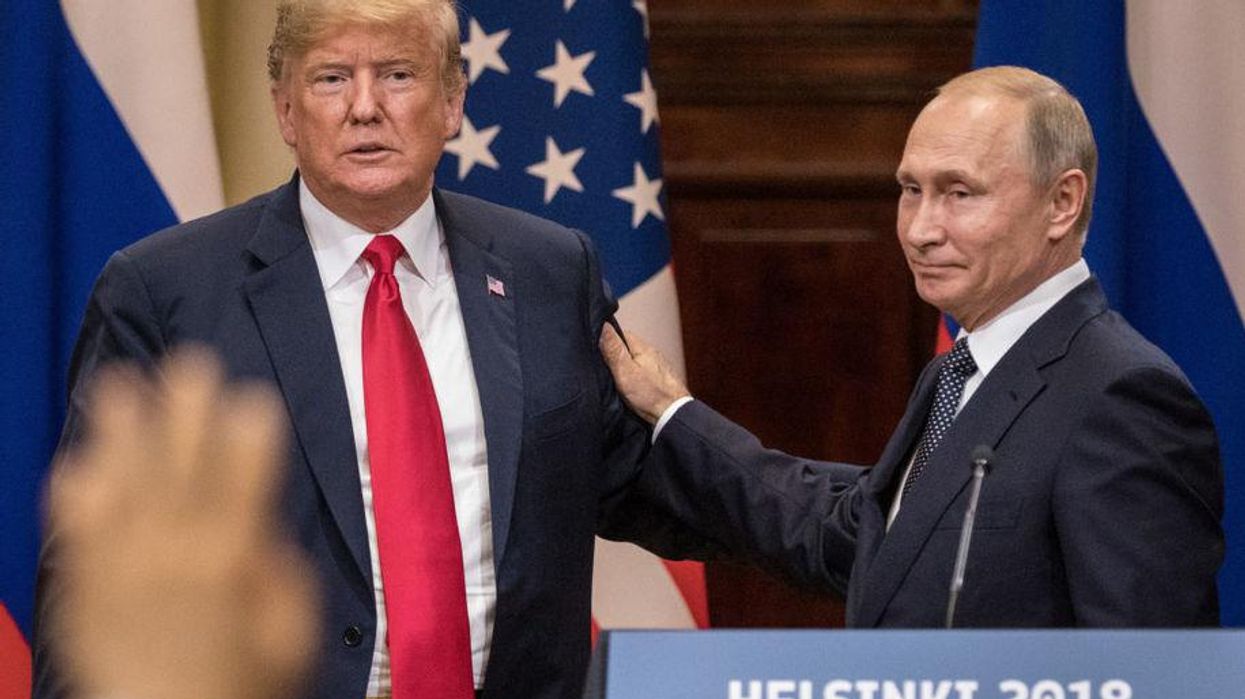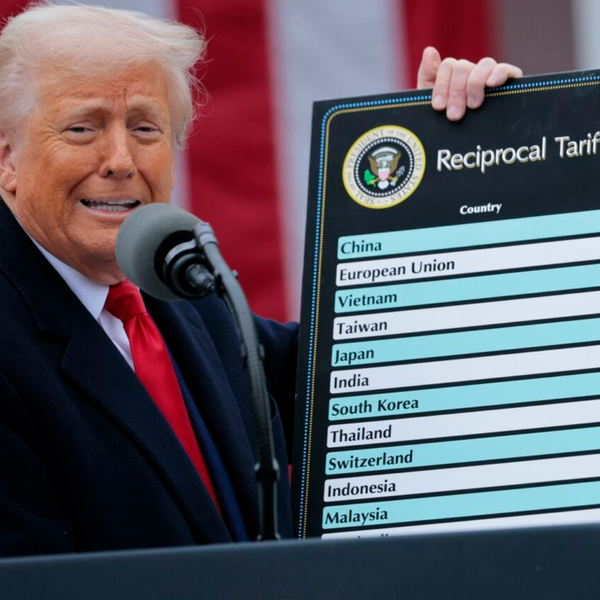Wisconsin Supreme Court Reminds Us Why Judicial Elections Are Vital
As abortion-rights wins feel few and far between, it’s great to see the Wisconsin Supreme Court strike down the state’s 176-year-old abortion ban. Getting there has been a long process, one that required Wisconsin Democrats to make a significant, long-range commitment to winning judicial races. Oh, and also to beat back the deep pockets of the far-right billionaire Elon Musk.
In 1973, after the Supreme Court established a constitutional right to abortion, many states, including Wisconsin, kept their old abortion bans on the books. Known as “trigger laws,” they lived on like a zombie, ready to shamble back to life if Roe v. Wade was reversed. After Dobbs v. Jackson was decided in June 2022, Wisconsin’s ancient ban was technically back in effect—but only technically since the state’s Democratic leadership promised not to enforce the law. They argued that newer, more lenient abortion laws superseded it.
Enter the Wisconsin Supreme Court.
The fight over whether the 1849 ban would hold was a proxy fight for abortion access more broadly—and a fight for abortion access more broadly was always going to end up on the doorstep of a state court that had flipped control over the previous several years.
Wednesday’s 4-3 decision strikes down the ban and declares abortion legal in the state. This victory for reproductive care was possible only because of the multiyear efforts that Wisconsin Democrats and abortion activists put in. In 2023, Janet Protasiewicz trounced Daniel Kelly, a former justice on the court, to win a seat on the state Supreme Court. If you want to know what Kelly is like, just know that he went on to become a “Stop the Steal” lawyer.
Fast-forward to 2025, when liberal justice Ann Walsh Bradley announced she would not be running for reelection, and whoever won her seat would determine the balance of the court, given its 4-3 liberal majority. This made it one of the most important judicial races in the country, and in strolled Musk, thinking he could buy the race.
That very much did not work. Liberal candidate Susan Crawford beat the conservative candidate, Brad Schimel, by 10 percentage points, showing that heart and grit and organizing could beat back Musk’s torrent of cash. Better still, Crawford had previously represented Planned Parenthood in an abortion-related case, so to the right wing, she was basically Satan.
For decades, state judicial races were a pretty sleepy affair. But after the Iowa Supreme Court unanimously ruled that same-sex marriage was legal in 2009, three justices were ousted by a very well-funded, well-organized recall effort. Since then, state judicial races have gotten much more expensive and much more partisan. The Crawford-Schimel race was the most expensive state judicial race ever, with spending hitting $100 million.
It’s not great that state courts have become an expensive partisan battleground, but paying attention to them and committing to election support is more important than ever. Control of a state’s highest court can make the difference on LGBTQ+ issues, abortion access, election redistricting, and so on.
As Trump judges have ravaged the federal courts, and as the U.S. Supreme Court has continued to take a hacksaw to the Constitution, state courts remain a place where—sometimes—justice can still be served.
Reprinted with permission from Daily Kos.

